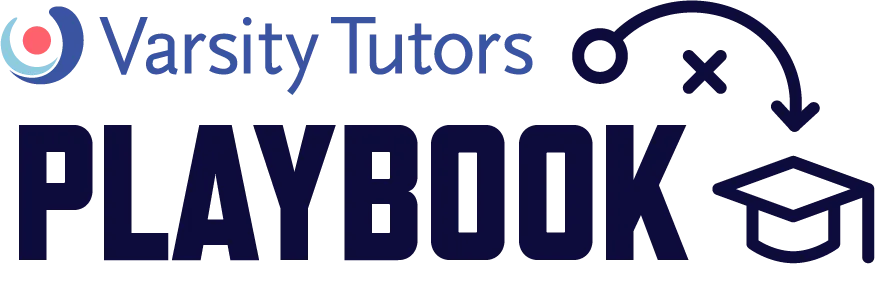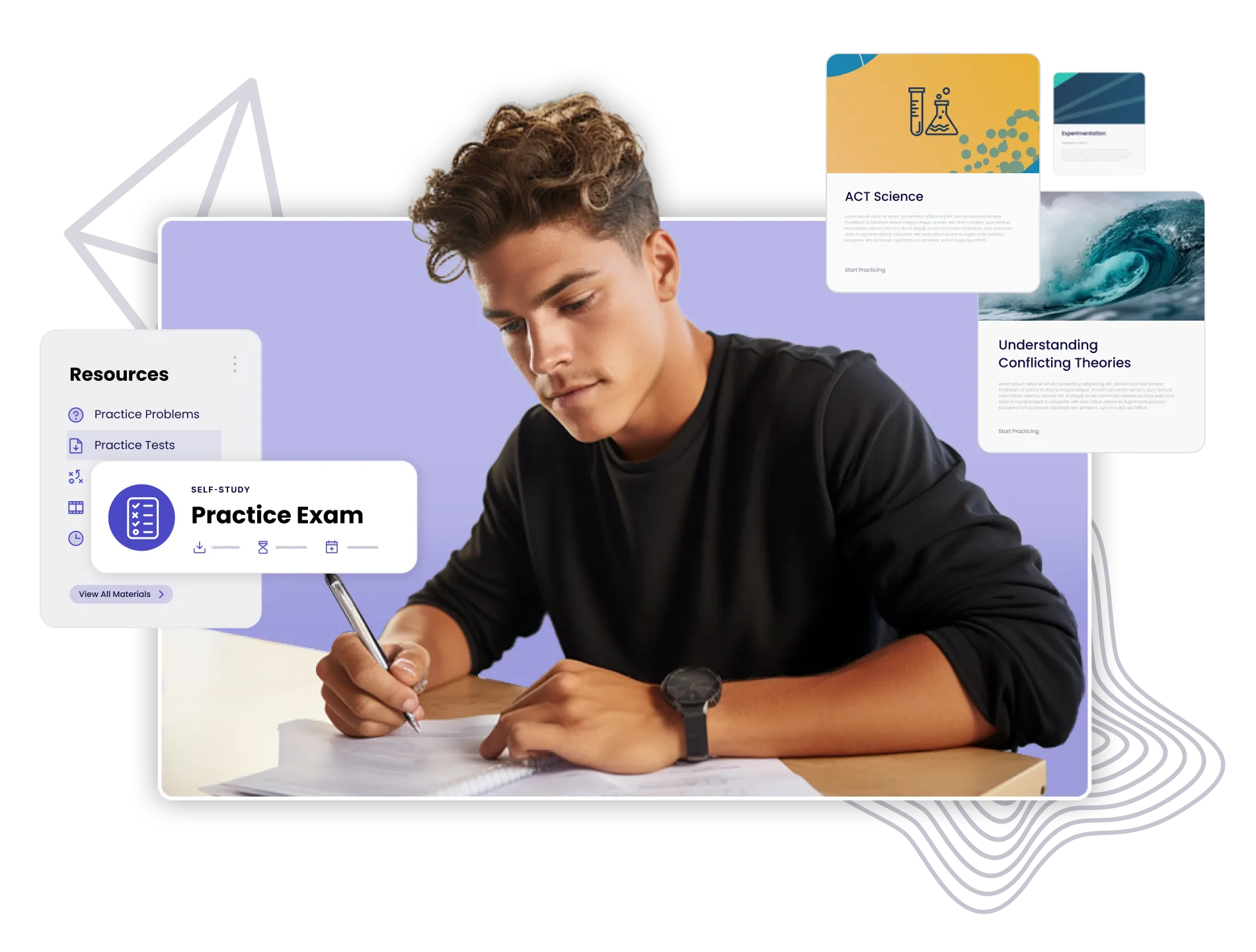Navigating the Transition from College to Independence

Receiving your college degree and stepping into world of work is a time of both excitement and fear, a sort of “What now?” space that can feel somehow both rewarding and terrifying. Life as a college student, living in a dorm and eating at the dining hall, is ending, and post-grad life is beginning. But how do you navigate that transition when you feel the same as you did when you were eighteen? Here's how to navigate this significant transition smoothly and set yourself up for success as a functional member of society in your next chapter:
Learn basic cooking skills
If all you like to eat is microwave cup noodles, that’s your business and that’s just fine. If you only eat cup ramen because it’s all you know how to make, that’s another matter entirely. There’s no reason that you, a working adult, shouldn’t know the basics of cooking. Get a cookbook, get some pots and pans, and learn to make a few simple, healthy, cheap dishes to make it through the week. Your body will thank you in the long run.
Resources We Love: Our Cooking 101 and Convenient Cooking for Young Adults classes help you learn the basics of booking and equip you with simple, nutritious recipes you’ll enjoy for years to come.
Create a strong resume and cover letter
Recent graduates should begin refining their resume right out of college (there's a decent chance you have already started building your resume during college). Your resume and cover letter are your first impressions on potential employers, so make them count! Customize them for each job, highlighting relevant skills and experiences. Include internships, part-time jobs, volunteer work, and projects that showcase your abilities. Keep everything clear and concise.
Job hunting can often feel like a dead end and cause feelings of existential dread, but it's important to stay the course! If you don't have much (or any) work experience, don't panic. Your first job out of college will likely be an entry-level position where you'll develop base-level skills in whatever industry you find yourself in. You can then build your career trajectory from there.
Master financial literacy
Now that you’re on your own, learning how to earn and save money is crucial. Create a budget to track your income, expenses, and savings. Learn about taxes, credit scores, and investments. Apps like Mint or YNAB can help you stay on top of your finances. Understanding money management will give you a significant edge. This will be especially important if you've previously taken out a student loan.
Resources We Love: Our 6-week Financial Literacy For Young Adults class will help you plan your financial future.
Stay Positive and Resilient
Life after college (or, more accurately, your adult life in general) might come with some bumps in the road. Stay positive and resilient. Every challenge is a learning opportunity. Seek support from mentors, friends, and professional networks. Persistence and a proactive attitude are key to overcoming obstacles and achieving your goals.
Surround Yourself with Good Friends
Your college friendships undoubtedly have been an important aspect of your time in college, but the reality is, many of them are going to take different paths in life. There will be people you may never see again, which is why it's important to find that support system in your post-college life. Reconnect with high school friends, family, and most importantly -- meet people!
Set Your Own Goals
Now that college life has ended, you officially have no one to report to but yourself. This is obviously incredibly exciting, but comes with a heightened responsibility. It is paramount that you hold yourself accountable by setting goals, taking on new challenges, and pursuing new interests. You are the sole person responsible for where you career path goes, don't take this lightly.
Don’t Ignore Your Mental Health
Finally, you must learn to prioritize your mental health. In the world of work, access to counselors or mental health professionals isn’t guaranteed and burnout, depression, and anxiety are rampant. You simply must make it a point to develop the skills necessary to maintain your mental health, and to learn when you mentally and emotionally need help. This will save you so much pain and struggle if you can do so. After all, you ARE your brain. Take care of yourself.
Transitioning from college to independent adulthood is a big step, but you conquered college, so we know you’ve got this too! By building a strong network, mastering financial literacy, learning essential life skills, and maintaining a positive mindset, you can navigate this transition with confidence. Embrace the journey and get ready for an amazing future.

